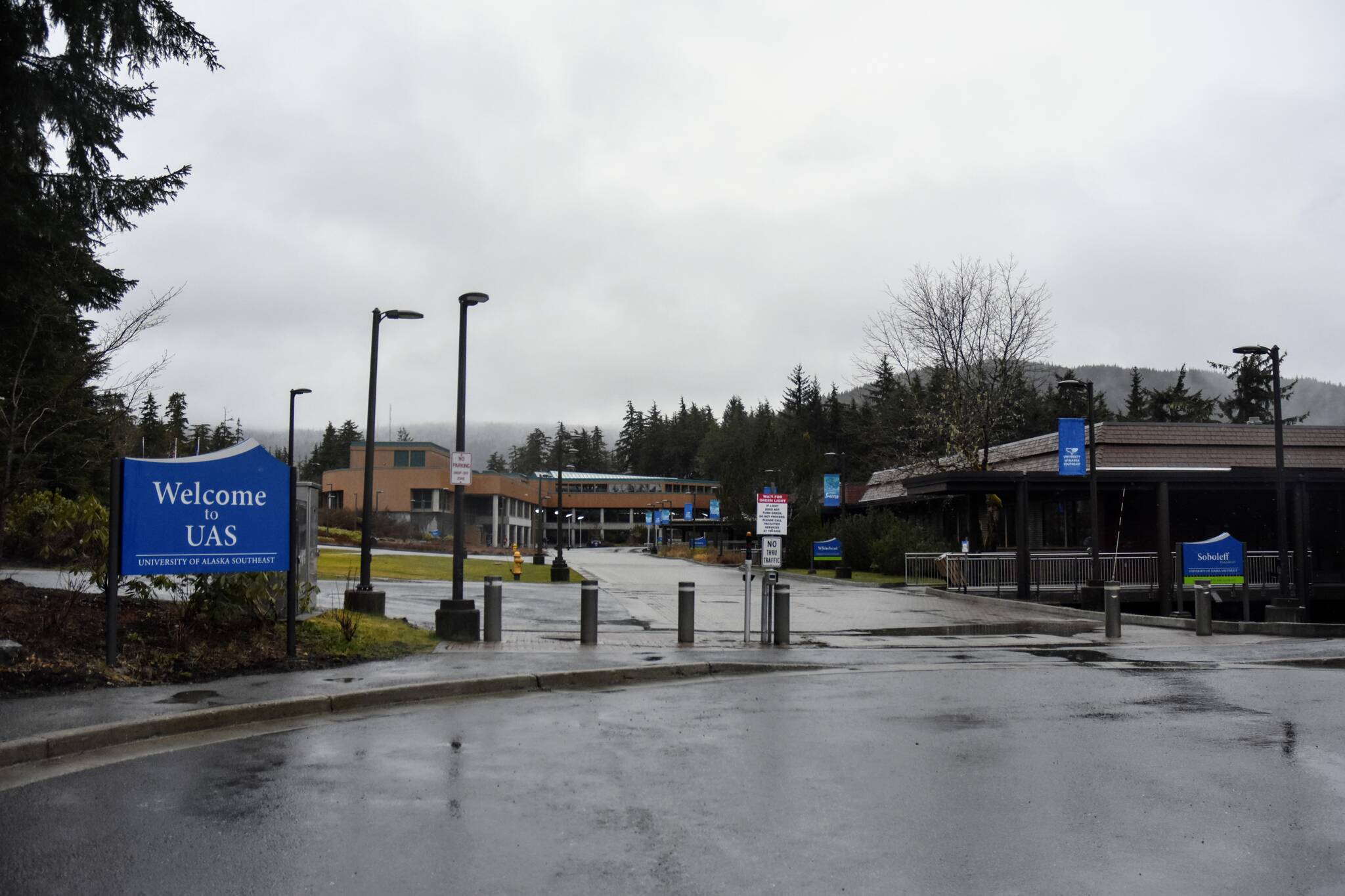This article has been updated to include additional information provided by the University of Alaska regarding offered pay increases.
Following eight months of negotiations, the University of Alaska and the union representing full-time faculty members are entering mediation after failing to agree on a new collective bargaining agreement.
University of Alaska Fairbanks mathematics education professor Tony Rickard, lead negotiator for United Academics Local 4996, told the Empire in an interview faculty within the system have been going without an updated contract since 2019, and the salary increase offered by the university was insufficient to keep up with inflation.
On Monday the university put forward their last best offer, which Rickard said the union was unable to accept. Both parties have agreed to begin negotiations facilitated by the Federal Mediation and Conciliation Service, a federal agency tasked with reconciling labor disputes.
“United Academics) members have had one raise of 1% in six years,” Rickard said. “The increases in wages that the university is proposing are not sufficient. We need to have better job security for our members, about a third of our members are on year to year, it’s tough for our members to serve communities when their own situations are unstable.”
The union is asking for annual increases of 3% or the current consumer price index, up to 5% for the 2023 academic year and 7% in 2024, and 6% in 2025 whichever is higher, and additional annual lump sums of $1,000 added to base salary each academic year.
In an email, UA spokesperson Monique Musick said the university’s last best final offer included pay rises of 2%, 2.5% and 3% over three years.
[Dunleavy announces lawsuits over submerged lands]
According to the U.S. Bureau of Labor Statistics, the rate of inflation for the year leading up to March 2022 was 8.5% and is expected to grow. Rickard said inflation had effectively eroded 20% of faculty wages.
The university is emerging from severe budget cuts starting in 2019 and further reductions caused by the COVID-19 pandemic. Gov. Mike Dunleavy included a modest increase to the university in his proposed budget but not enough to cover what the union is asking for. The Alaska State Legislature is finalizing the state’s budget and any new increases to cover raises would have to be reviewed and agreed to by lawmakers.
The statutory end of the legislative session is in mid-May, and if a new collective bargaining agreement isn’t reached before then, it won’t be reviewed until the beginning of the next legislative session in 2023.
“In recognition of these changing economic conditions, the monetary offer is more than anticipated in our original budget planning,” said UA President Pat Pitney in a statement. “At the same time, I believe it is modest enough to be agreed to by the Board of Regents and accepted and funded by the legislature if received in time.”
According to UA’s data, the turnover rate at the university is more than double the national average. In a presentation to the Board of Regents in February, university officials showed UA’s annual turnover was 10.8% in 2021, significantly higher than the national average of 3.9% or the state of Alaska’s average of 5.8%.
The union’s collective bargaining agreement was set to be negotiated in 2019, Rickard said, but was extended due to the severe cuts the university was facing. When the COVID-19 pandemic caused further disruption to the university in 2020 the agreement was extended again, and Rickard said faculty have sacrificed for the university.
“Our members are at the end of their rope, basically,” Rickard said.
• Contact reporter Peter Segall at psegall@juneauempire.com. Follow him on Twitter at @SegallJnuEmpire.

